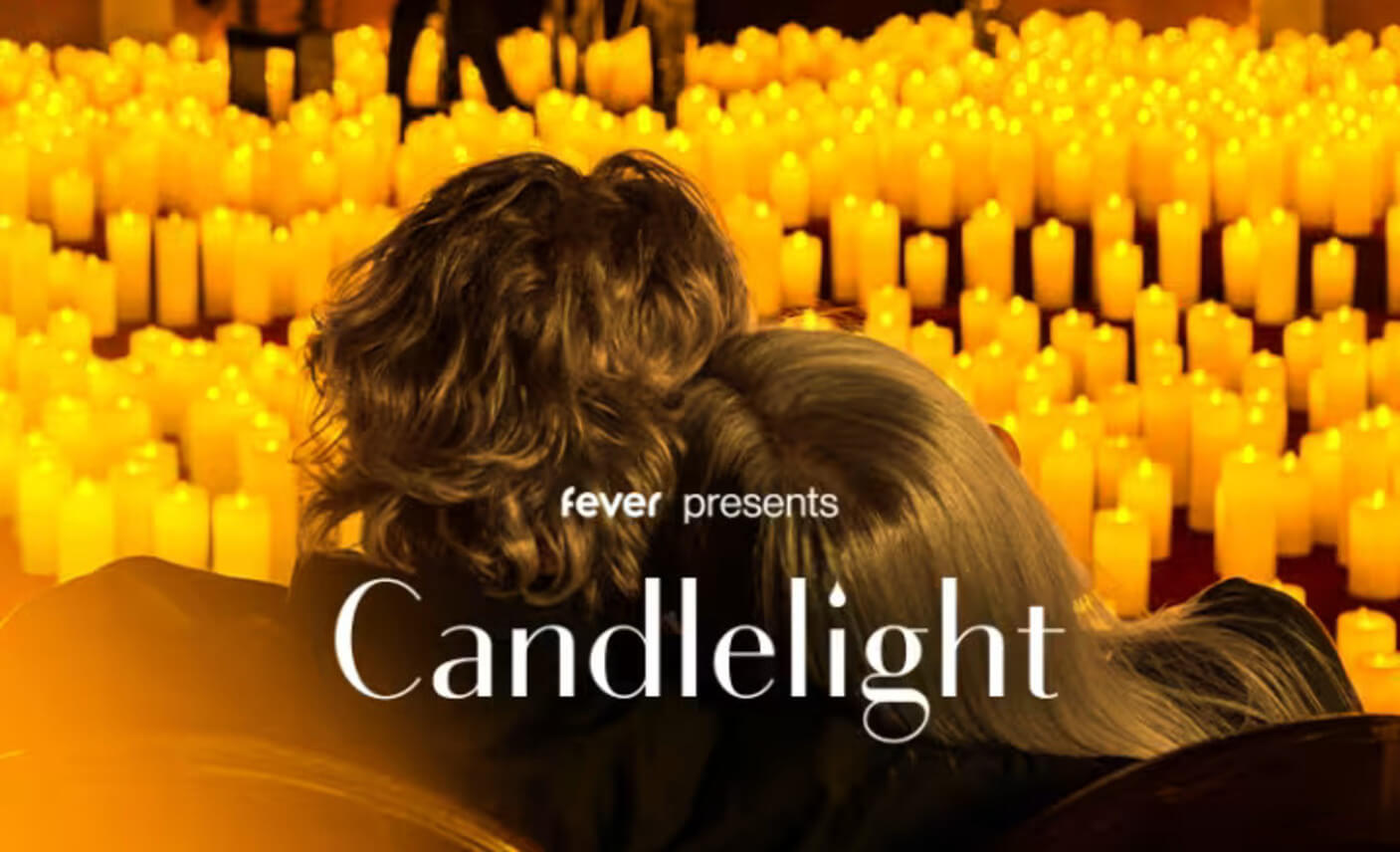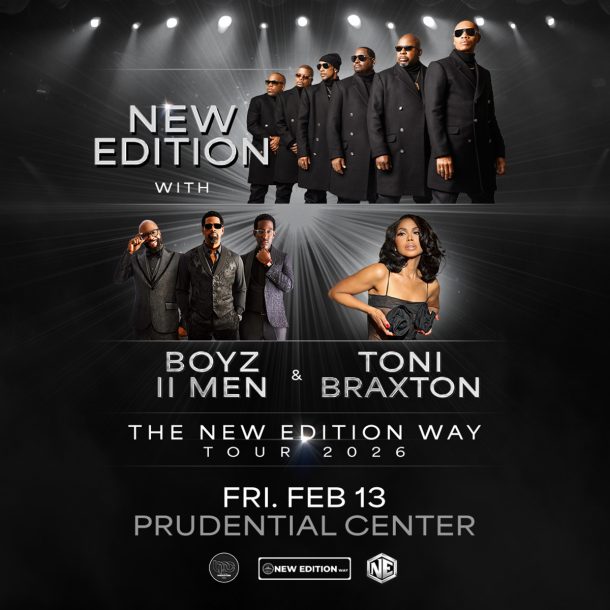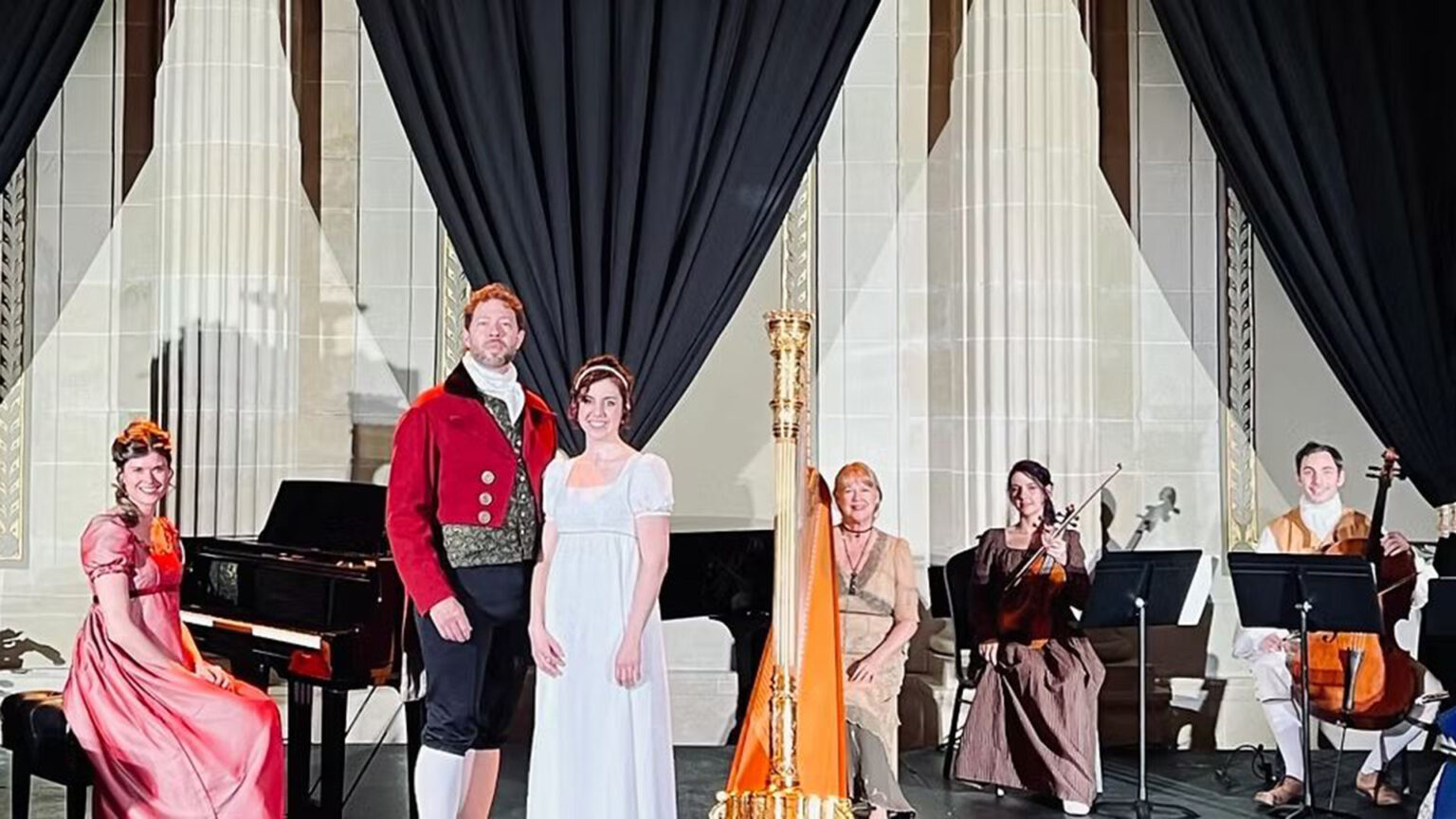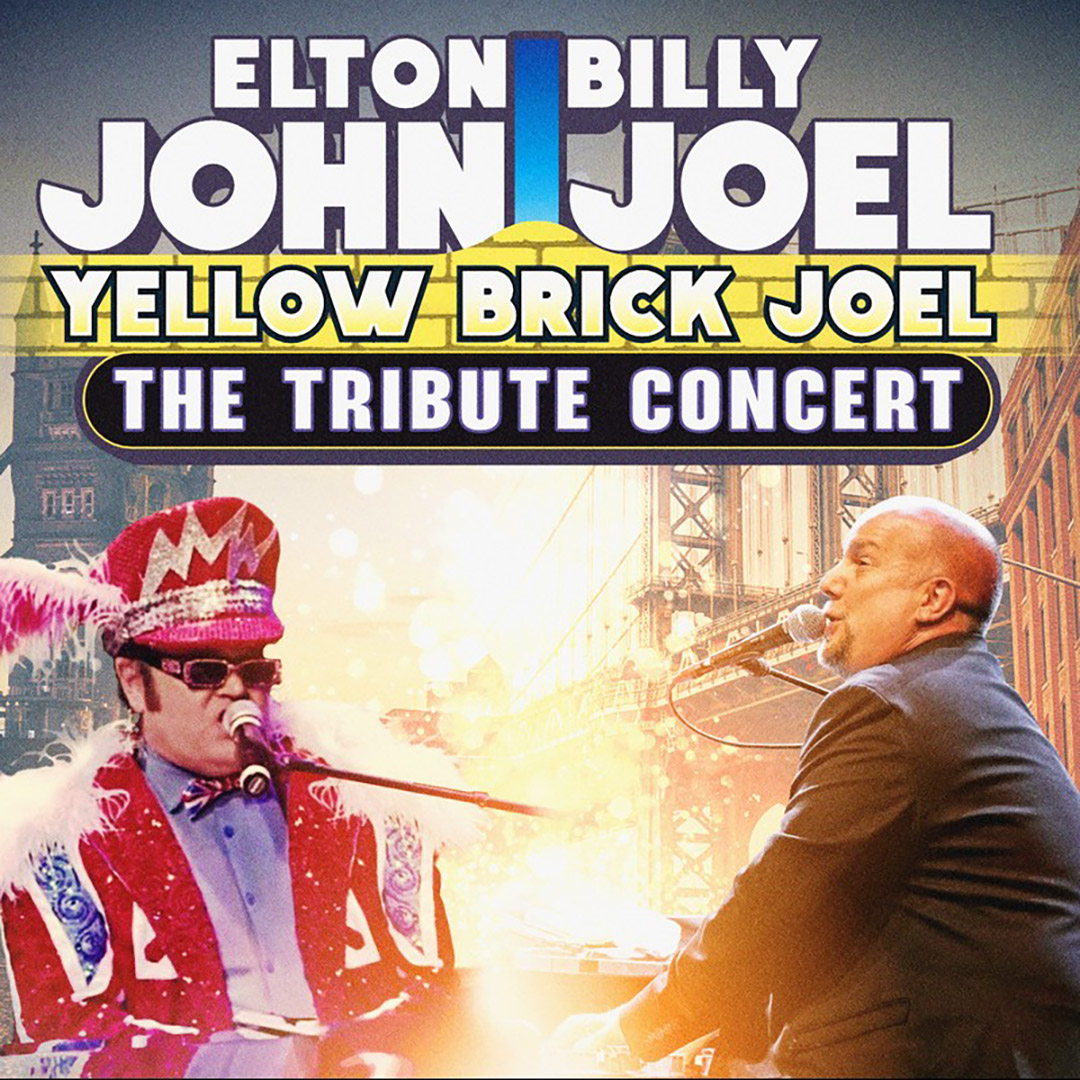?>
Sean Glonek In The Studio
By Gary Wien
originally published: 01/25/2020

In 2003, I first became aware of the Trenton band The Commons from their wonderful release Come On Get Gone. It would be one of my favorite albums of all-time from a New Jersey band and still holds up well today. Years after that band broke up, Commons’ guitarist Sean Glonek has become one of the hottest studio guys in the state, working with local artists like Doc Rotten, The Cryptkeeper Five, Honah Lee, and numerous others in addition to being part of national records by Juliana Hatfield and Tanya Donelly. It’s a second act that led to SRG Studios.
Even though Glonek works seven days a week working with bands, he says he doesn’t consider himself a “studio” owner but a freelance recording, mixing, and mastering engineer. SRG Studios is simply his personal work space.
He just released the first record by his band White Cactus and it’s his first band record since the days of The Commons.
What was the first record you actually produced?
I think it probably all started with Come On Get Gone. I had already become interested in the recording process and production as early as 1993-94. I was young and in bands, going to John Bailey’s SS Sound studio - in the early 90s he was the go to guy around here. This was before the Internet and before Pro Tools, just tape machines and consoles like in the old days. So, I started going there in some of my high school bands and doing demos. When everyone else would go out on the back porch to smoke a cigarette, I would sit next to John and be like, “What are you doing? Why are you turning that knob? What does it do?”
Before that I didn’t even know how rock records were made. That’s sort of where I learned how the process was of making records. And, over the course of the the 90s, I dabbled with a lot of recordings. Whenever my bands were in the studio I took a more active role - learning how to sculpt sounds and use the equipment. I’ve always been a technical guy, I’ve got the musical background, and the geek in me loves the details in things.
Eat Off The Vines (by The Commons) was still a John Bailey record, but I sort of got involved in the mixing and the production. Things came into fruition on the next record (Come On Get Gone) when I completely took control of the production side of things. That was the first record I ever did fully on my own. It was either luck or skill, but I started getting calls after that to work on other people’s records. I never set out to be an audio engineer for hire or a producer. Back then it wasn’t my path; I was a guitar player and I liked to write and create with other musicians. After that album, people started to ask me if I could mix this or master that for them. I think it was pretty much off the word of mouth of that record. I realized I was starting to get regular work - I wasn’t anywhere as busy as I am now, but it started to trickle from there; and from then to now it’s just been a word of mouth slow build to where now it’s pretty much my whole life. I work on records all day.
I would imagine that record was a good resume piece for you because the album had nuance. If an artist was going for a particular sound, they could see you could bring it out.
Yeah, I feel like I’m lucky with that record because what I wanted to happen happened and it worked. I’ve been involved in so many albums since then where you realize it’s not that simple all of the time. It’s not so easy to think you’re going to do it and make it great and have it come out like that; there’s so many pieces and parts and other musicians involved - so much matters. The arrangements of the songs affect everything, even the way you can shape sounds.
In some ways, bands just practice in rooms together and everything is at full volume - especially if you have multiple people. I’ve seen so many times when it’s time to record, band members will say to each other, “I didn’t know you were playing that note.” The bass player and the guitarist might be playing a third off from each other. Many times when you’re in a band practicing in these rooms they’re not very good rooms acoustically and you don’t have a sound guy, so most of the time it sounds like shit. So when the band sits down, hashing things out, there’s often a lot of sloppy arranging and parts that may not work well with each other or layers that are fighting each other or taking up the same space in the conversation.
That album was a great starting point for me because I had a lot of control over the arrangements. Back then, I think I was listening to sparser records. I didn’t want the record to sound sparse, but I wanted it to be sparse. I wanted to find a balance between layering and space, giving every sound room to take up some area in the audio conversation that was happening.
Just like the guy you learned studio work from, you are now one of the guys in demand. How does that feel? To be one of the hot producers in the state?
I don’t know if I’d call myself a hot name, but it is true that I’m busy. There are a few guys in the state who are on the same level where when I hear their records I know that we’re at a certain level in producing good sounding records. I definitely think I’m in that tier where I’m giving bands something more than they would get if they didn’t work with me. I try to bring out the best. I always say, “augment the positive, diminish the negative” and that’s how I think all day long working with bands. I think that way with everything: mic placement, mic choice, pre-amps, compressors; the whole technical side, but I’m also thinking like that with the music because I do know harmony and theory and am a trained musician. I have the well roundedness of being involved as a musician for so long and also having been on both sides of this, which I think most of us have been. So we know what it feels like.
Another skill set I have is that I know how to work with musicians and how to collaborate with them. Every musician is different in how they respond to the collaborative process. I think part of why I do well with it is I’m flexible in a lot of ways. I grew up listening to a lot of styles of music, so I don’t ever feel trapped or pigeon-holed or try to drive a project from where it wants to go because of where my influences come from. I let the projects, the songs, and the artists drive where it goes and then I fine tune along the way until, at the end of it all, it just pops out!
It’s been good and I’m loving it. I work in the arts, so it’s not a path to riches. It’s a grind. It’s hard work and there’s not a lot of financial reward, but the flip side to it is that I’m happy.
Tell me about your band White Cactus; was it named after the old restaurant in Trenton?
Yeah, I grew up in that neighborhood and we used to go there. The crazy thing is the place has been closed for a long time, but the sign is still there. I’ve driven by that sign a thousand times. I might have been driving home from the Punk Rock Flea Market and we had just had a discussion of what we should call the band. I saw the sign and thought that kind of works, let’s see what the guys think. I brought it up to them and they were like, ‘let’s go with it.’
For me, through all my years being in a band, I think band names are one of the hardest things to come up with because you have to stick with it forever. It’s a commitment. It happens all the time where as you age your grow out of the name. What do you do then? White Cactus has worked out, but we’ll see. Maybe in three years I’ll be like I hate this name! For now it works with the way we sound.
Speaking of your sound, I thought it was interesting that you follow your work with The Commons (a band known as much for its lyrics as its music) with an instrumental, surf-rock band. It’s like you went the opposite way.
Yeah, absolutely. I would say when it comes to The Commons, I was the least lyric guy. Keith wrote all the lyrics. From a music fan kind of thing, I’ve always been more of a fan of sound first as opposed to Keith who was more of a fan of songwriting and lyrics and melodies together. We kind of came from different worlds. We were different and I think that’s why we complimented each other.
Where Keith was the primary singer-songwriter of the group, I was probably the primary soundsmith. I tried to take those songs and turn them into something else. With that band, you could definitely hear Keith’s songwriting, but some of the songs had a country vibe or a heavier rock vibe. I tried taking a hand into the sculpting of the songs, the arrangements, and the layering when it came to the production side of things.
I’ve always been more of a sound guy than a lyric guy. As I got older I started to appreciate lyrics more. When I was young, I was just a musician who loved the music. I always listened to the music before the lyrics.
How did the band come about?
The funny thing about White Cactus is when I first came up with the idea to start the band with my buddy Brian Schwinn, we were having drinks and I told him that I wanted to have fun again - sort of have a band like we did when we were kids. Back when it was just in our mom’s living room or somebody’s basement - just a band with no expectations. The original concept was that I wanted to do this with some of the best musicians I know and I wanted it to be a goal of ours to never make a record and never play a gig. It was just supposed to be great musicians getting together and doing something original for the sole purpose of themselves.
So you wanted to bring underground back to underground rock…
Yeah, real underground like not caring if anybody ever hears it! It was supposed to be just about the fun of being a musician again. Not that gigging and making records isn’t fun because it is. But obviously like anything else, when you take those steps you’re sort of saying that you want to be heard, exposed, and shared; that’s a whole different level of what goes on as opposed to when you’re a kid and you’re just learning an instrument in your bedroom. Usually you’re inspired to do that by records or bands that you like not so much the idea of being a rock star someday. I’m not saying those aspirations don’t sort of bubble up after a while, but most of the time when you’re a kid you’re just curious about playing - not driven by creating something and sharing it with other people.
There’s a kind of innocence to it that goes away once you become a better musician. Once you become a better musician and you start hanging around musicians, inevitably bands get formed, collaborations start happening, and eventually there is talk of recording something and playing some gigs. Then it becomes something else; just as much fun, but different. There are expectations and even though every musician probably says, “I don’t care if anybody likes it, I do it for me. It’s just my thing.” If it truly was for you and your thing there would be no need to ever record it and share with anybody else.
Anyways, the original concept was going to be all seasoned band veterans that came from great bands. The original lineup had five people in it and was sort of a New Jersey supergroup of people who had been in respected bands. It was like a super group that never played for anybody and that did happen for a while. We probably jammed for about six months in my studio, but these people were active in a lot of projects with active bands and since their bands took priority, it kind of fizzled out. But what happened was that White Cactus came from the fragments of that band and we turned into a regular band that started making a record. We had some good songs and it got to the point where it was like “That was kind of a novel idea, but this is a pretty good record so let’s make it and see what happens.”
So are you guys planning to do shows to promote the record?
Yeah, we’re like full steam ahead - gigging and promoting the record and all that. The band is me on baritone guitar, Brian Schwinn (Groucho Marxists, ex- Stunt Cocks, ex- Negative Male Child) on guitar and Austin Faxon (Groucho Marxists, Stunt Cocks, The Milwaukees, ex- Boss Jim Getty) on drums. We’ve got a show February 7th at The Fire in Philadelphia with Gringo Motel and F. Woods and the Fellow Humans; February 22nd at Mill Hill in Trenton with Yorkshire 10th; and March 27th at Mill Hill with Alpha Rabbit, Night Court, and Dentist.
Speaking of Alpha Rabbit, I’m currently working on new records with them and The Cryptkeeper 5. I’m also working on a new record for Honah Lee and a film score with Argyle Goolsby (formerly of Blitzkid).
PHOTO: Johnny Ott of The Cryptkeeper Five recording vocals for their new record. Photo by Leigh-Ann Fisher
Gary Wien has been covering the arts since 2001 and has had work published with Jersey Arts, Upstage Magazine, Elmore Magazine, Princeton Magazine, Backstreets and other publications. He is a three-time winner of the Asbury Music Award for Top Music Journalist and the author of
Beyond the Palace (the first book on the history of rock and roll in Asbury Park) and
Are You Listening? The Top 100 Albums of 2001-2010 by New Jersey Artists. In addition, he runs New Jersey Stage and the online radio station
The Penguin Rocks. He can be contacted at
[email protected].
FEATURED EVENTS
To narrow results by date range, categories,
or region of New Jersey
click here for our advanced search.
To narrow results by date range, categories,
or region of New Jersey
click here for our advanced search.
EVENT PREVIEWS
Prudential Center presents New Edition, Boyz II Men, and Toni Braxton
February 13, 2026
Celebrate the James Brown experience on Friday in Vineland
February 13, 2026
The Levoy Theatre presents Million Dollar Reunion
February 13, 2026
Outpost in the Burbs presents An Evening with Josh Ritter
February 14, 2026
Grunin Center for the Arts presents The Jane Austen Playlist on Valentine's Day
February 14, 2026
Will Downing to Perform at UCPAC on Valentine's Day
February 14, 2026
Asbury Park Theater Company moves Remember Jones' 20-Piece Mad Dogs & Englishmen Celebration to Count Basie Center
February 14, 2026
Will Downing Bring His Romantic R&B to UCPAC on Valentines' Day
February 14, 2026
Stangl Stage presents BStreetBand on Valentine's Day
February 14, 2026
The Broadway Theatre of Pitman presents Yellow Brick Joel: The Tribute Concert
February 13-14, 2026

















